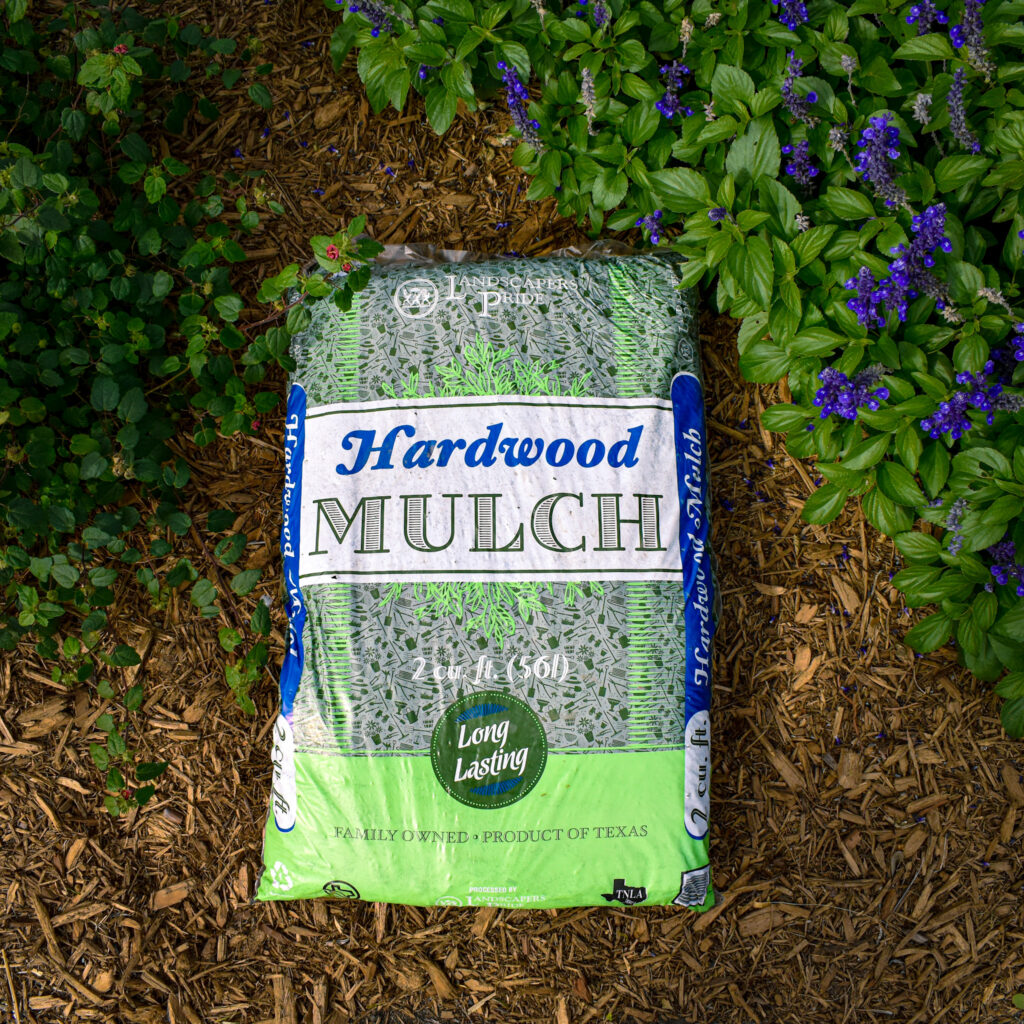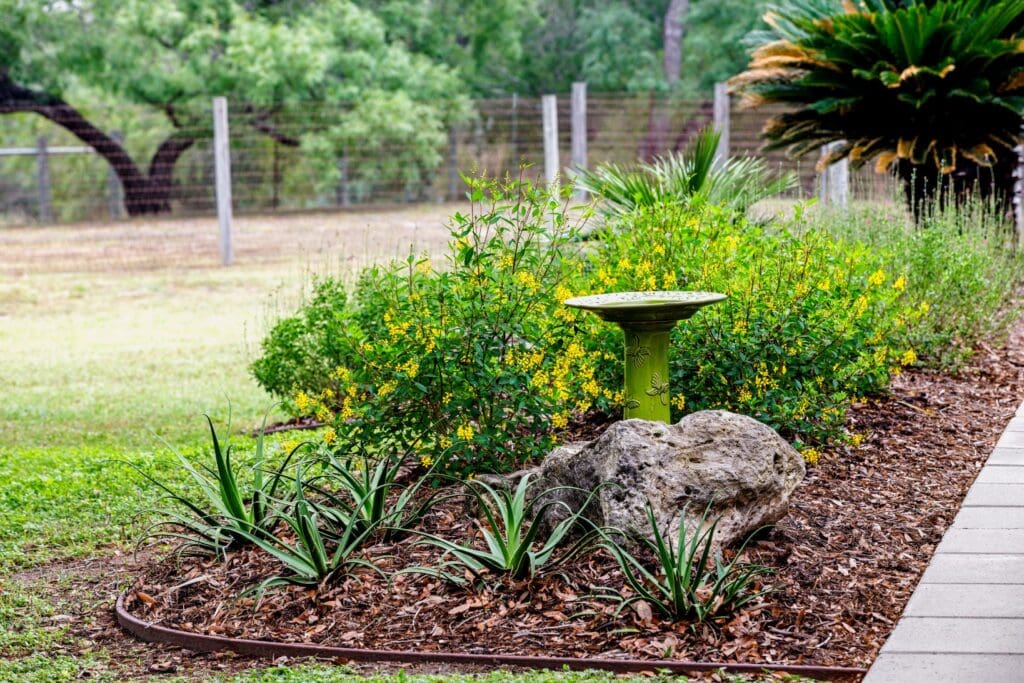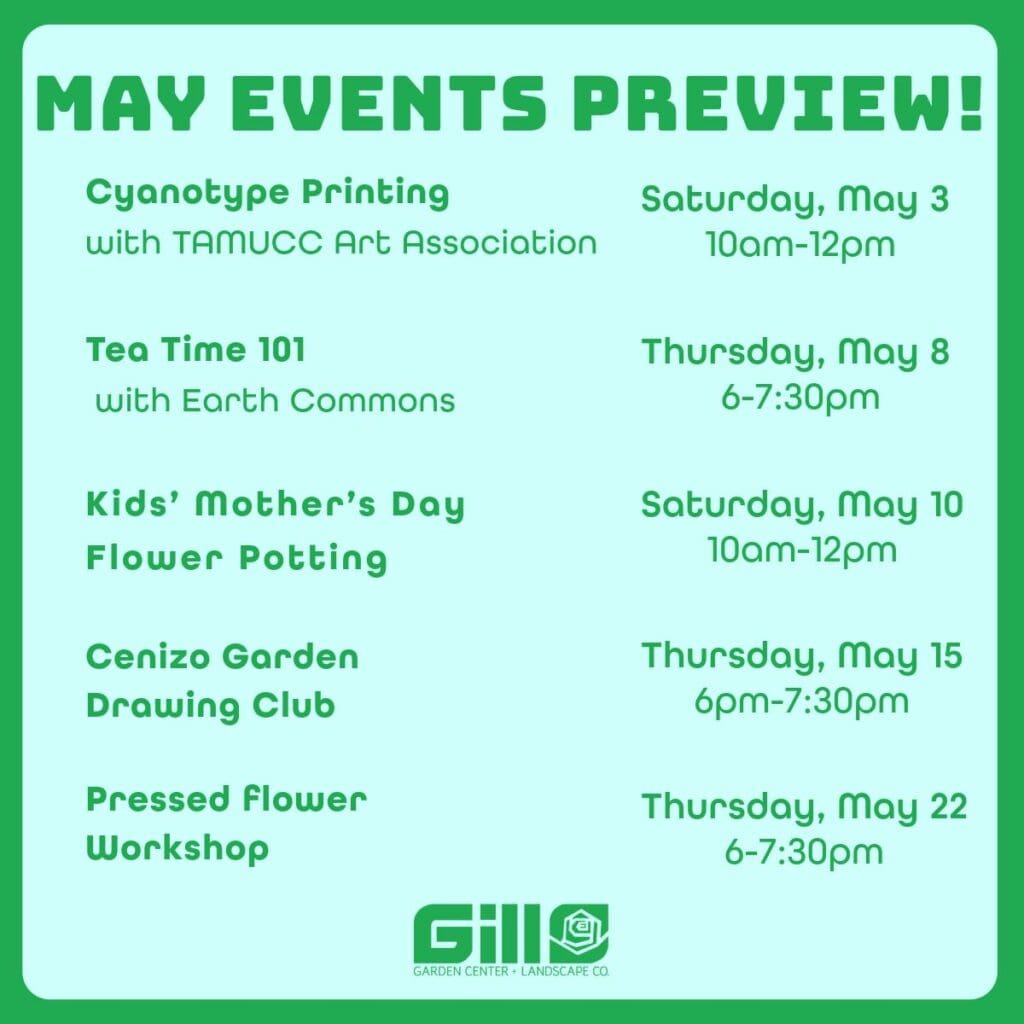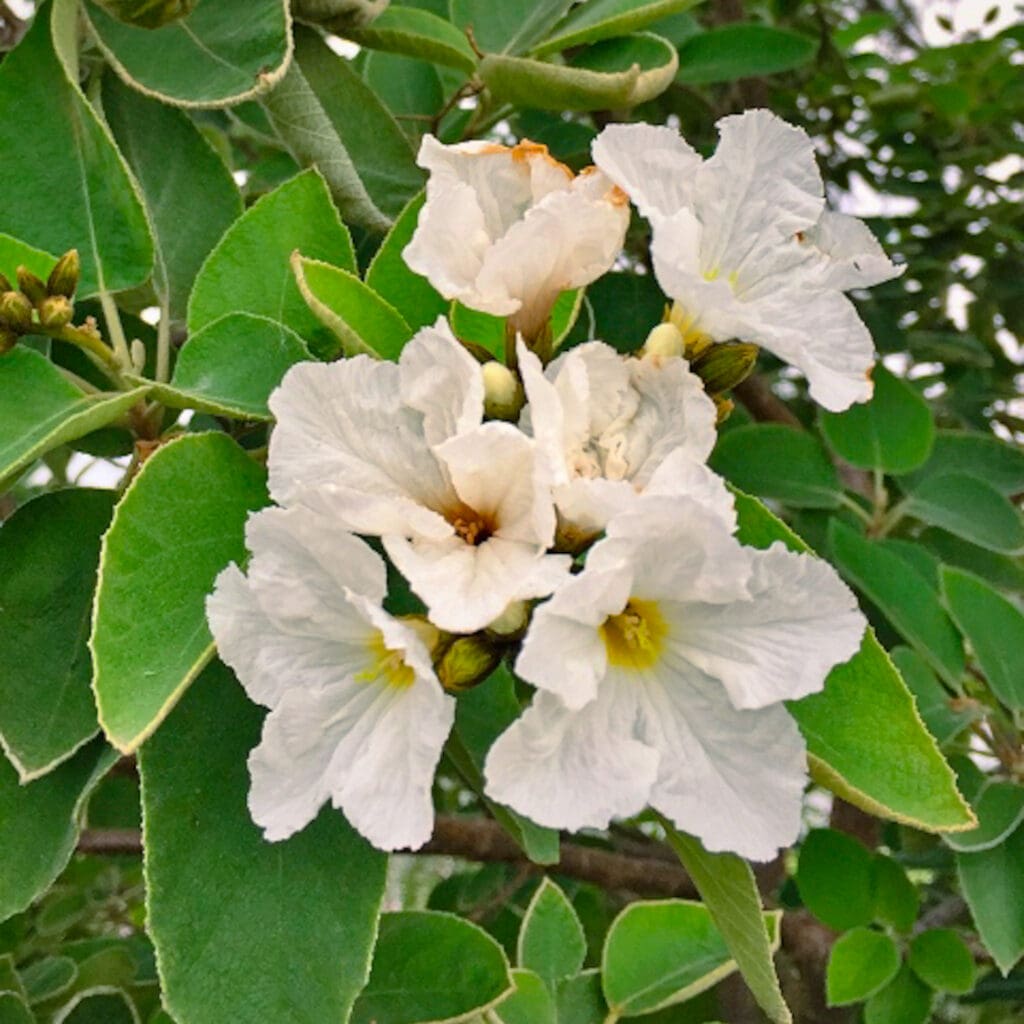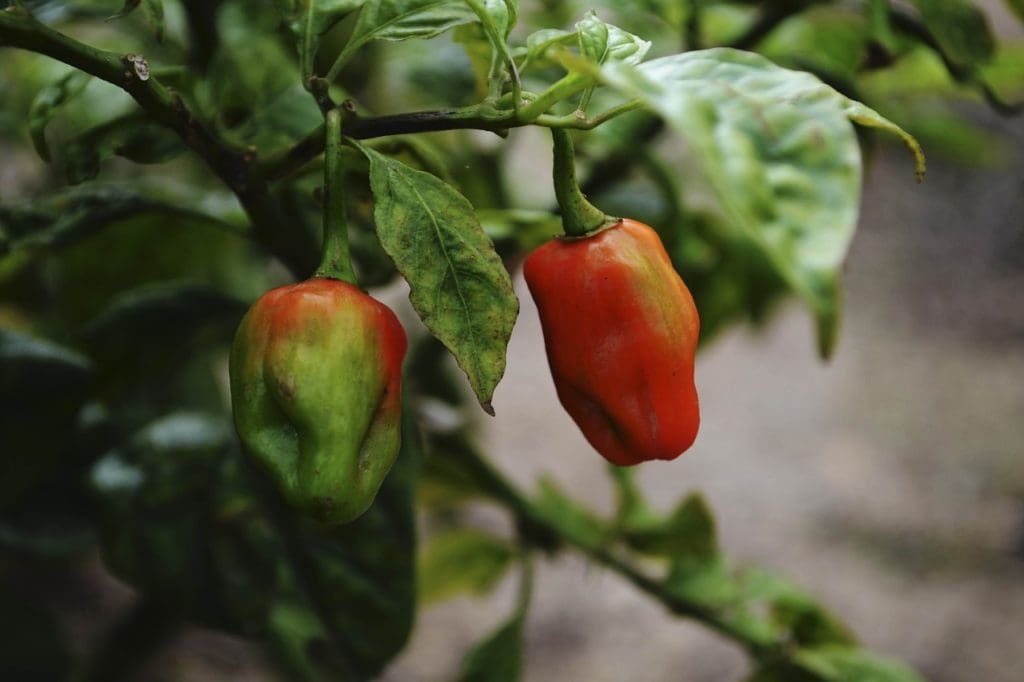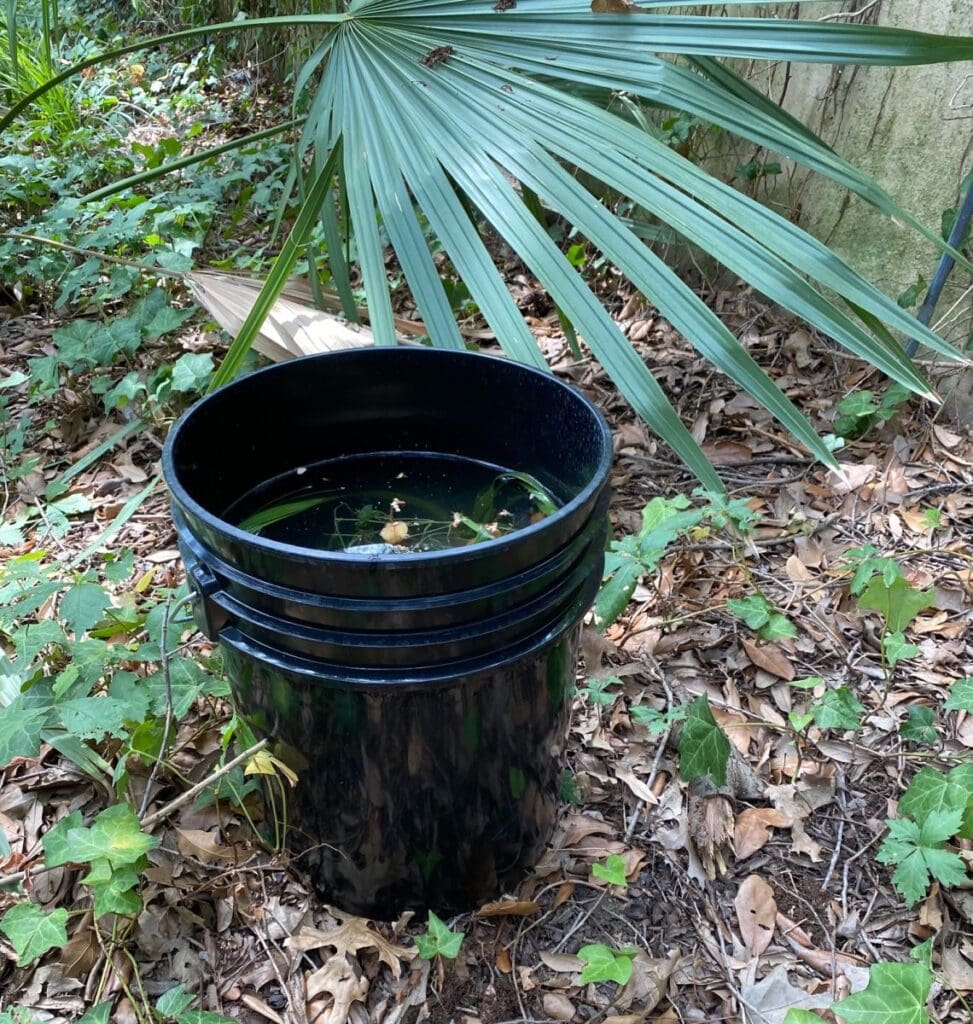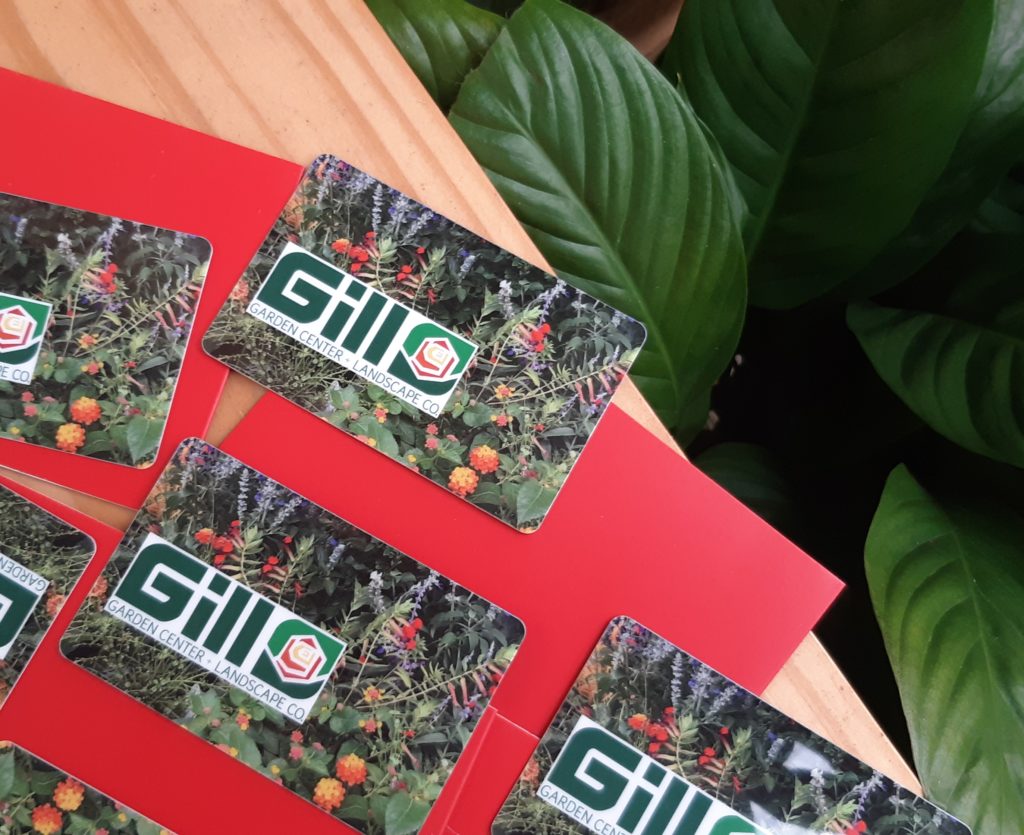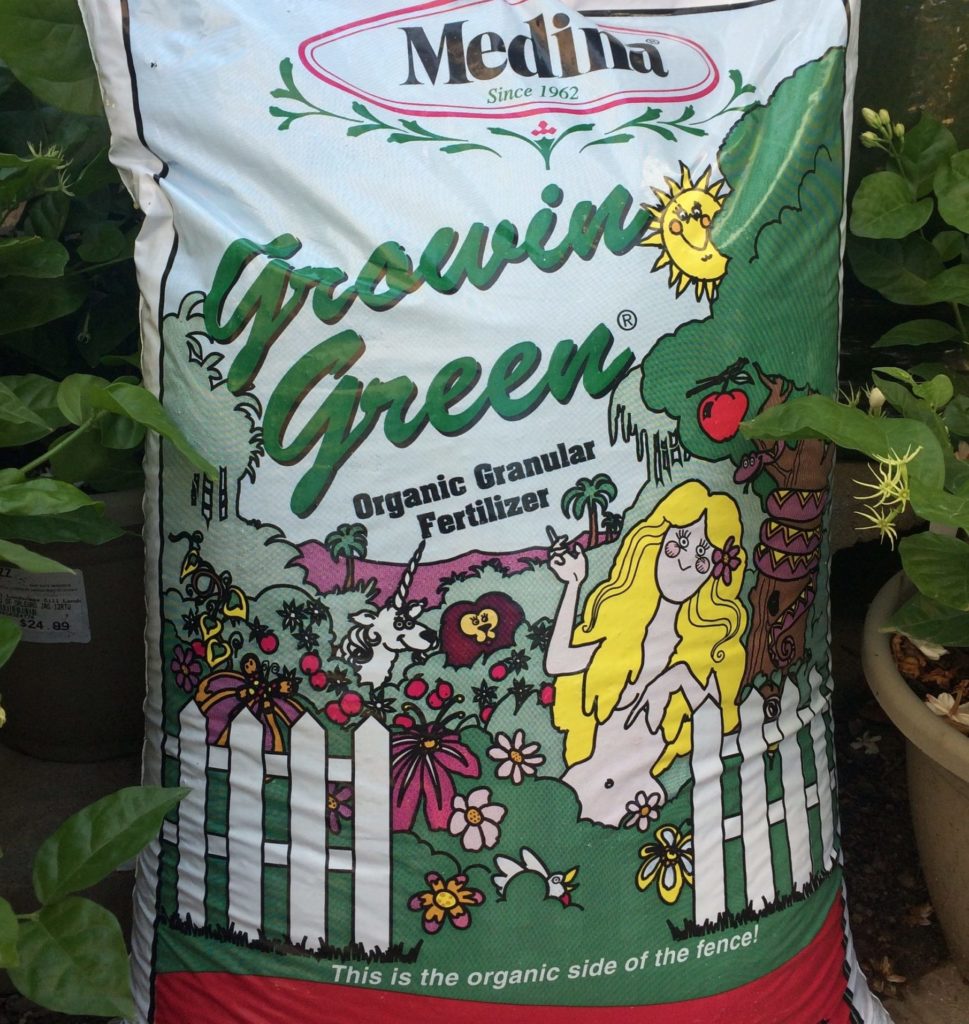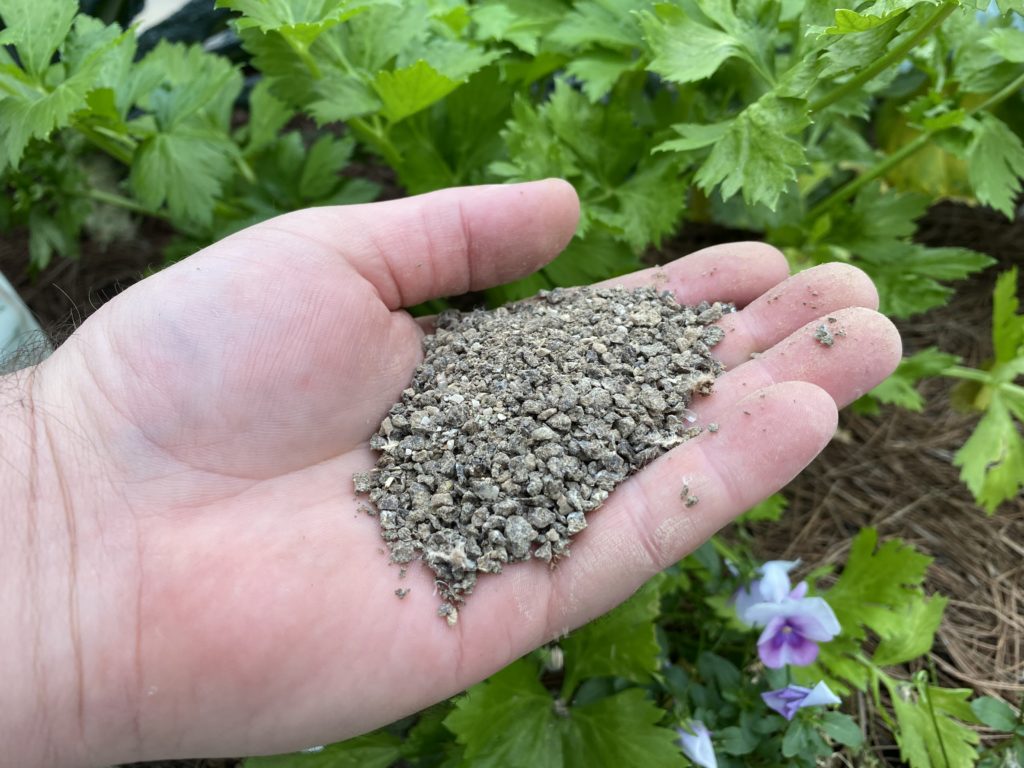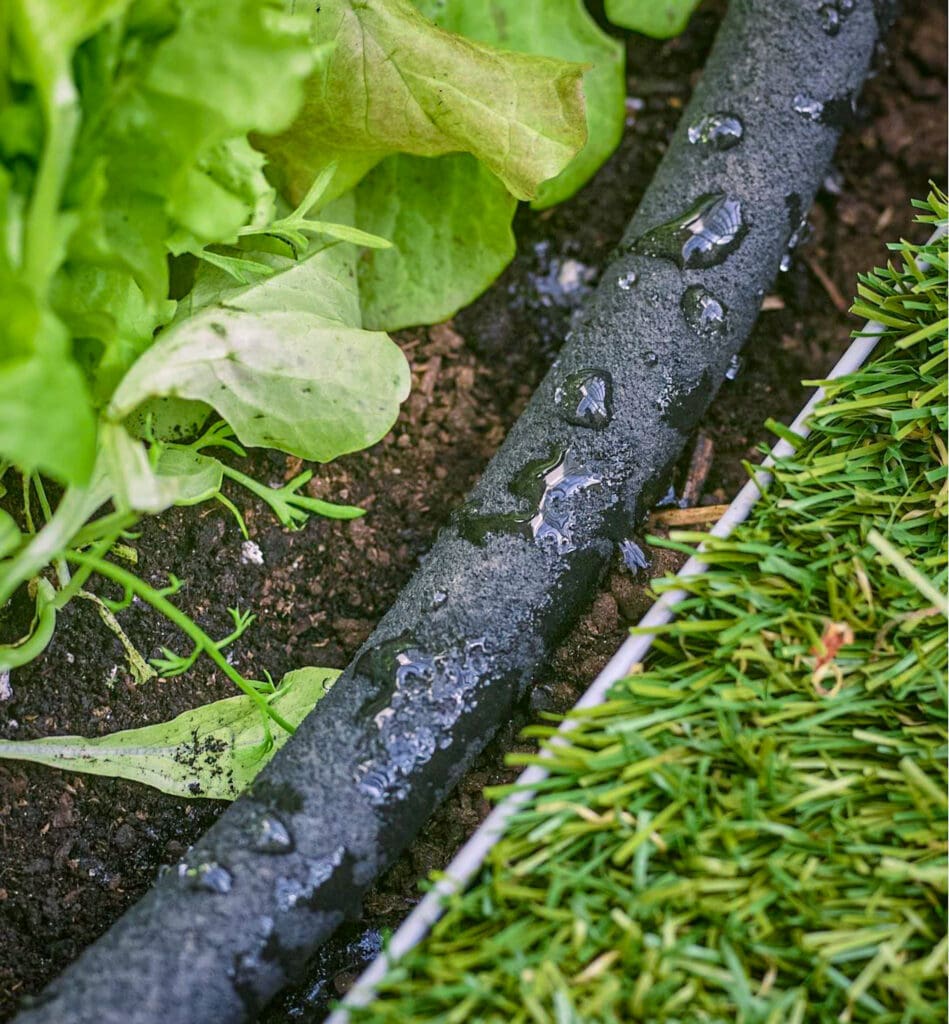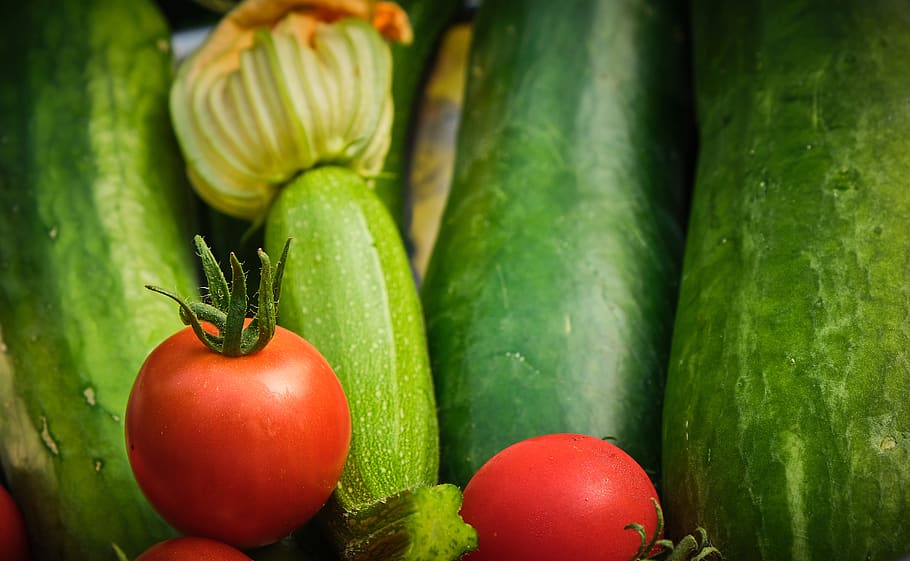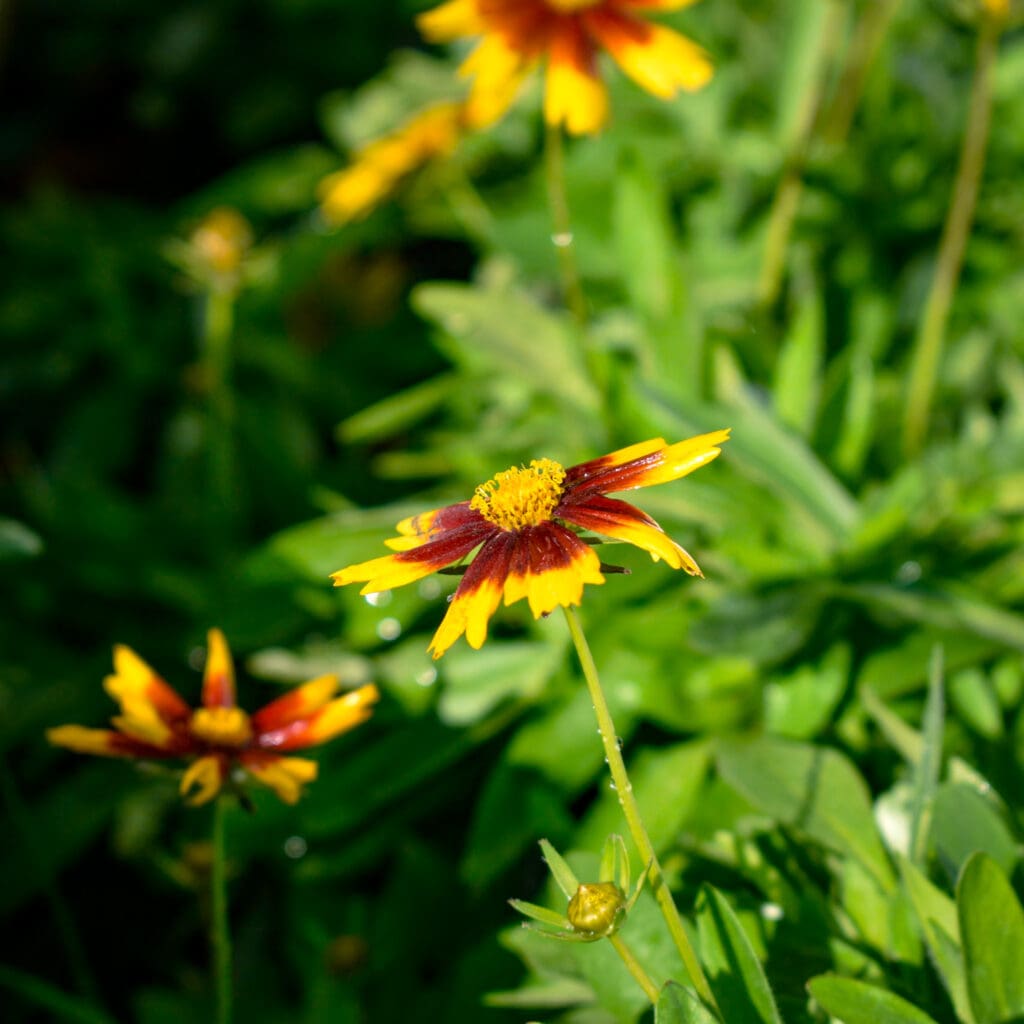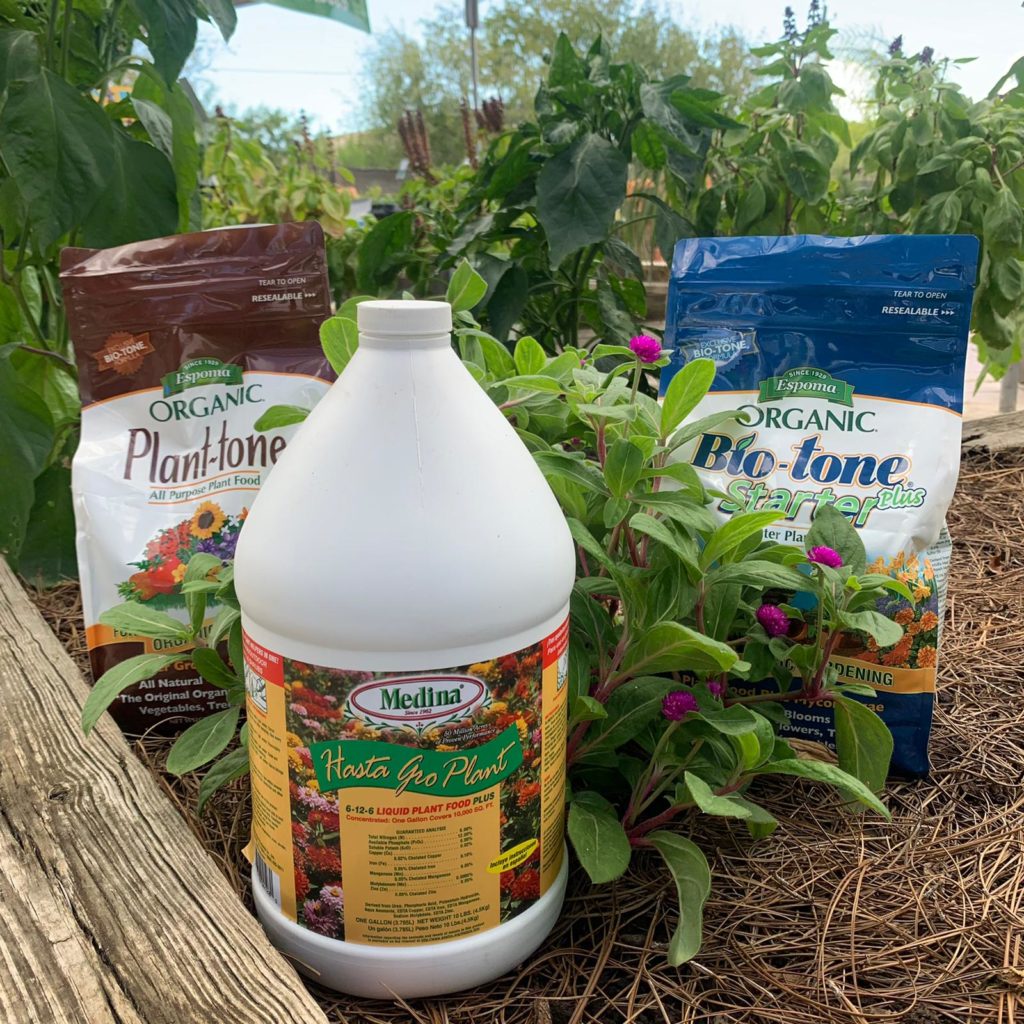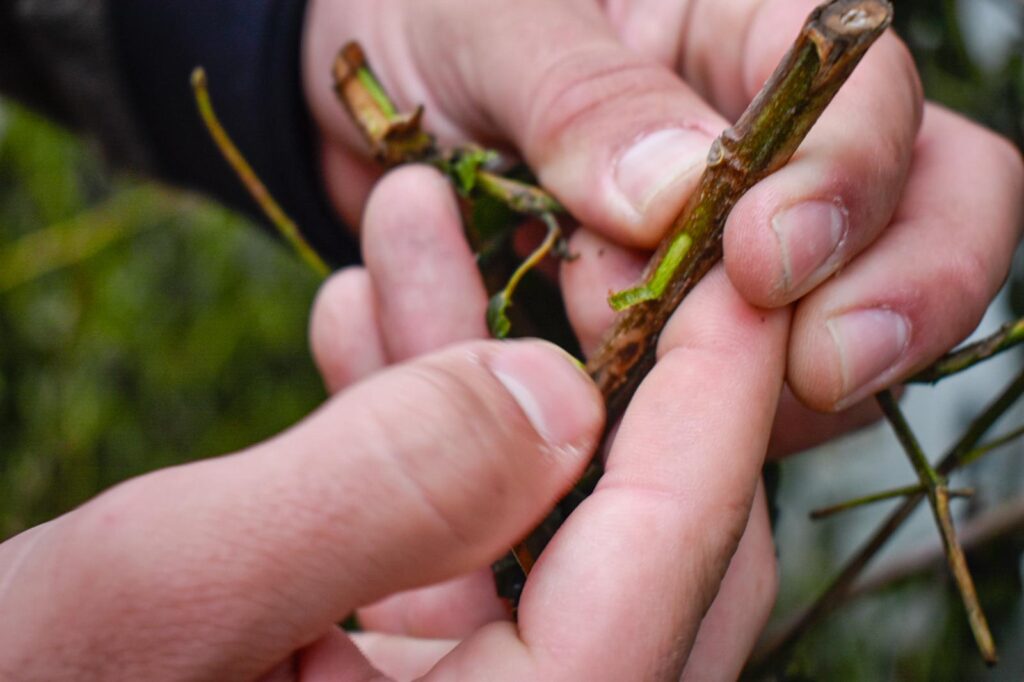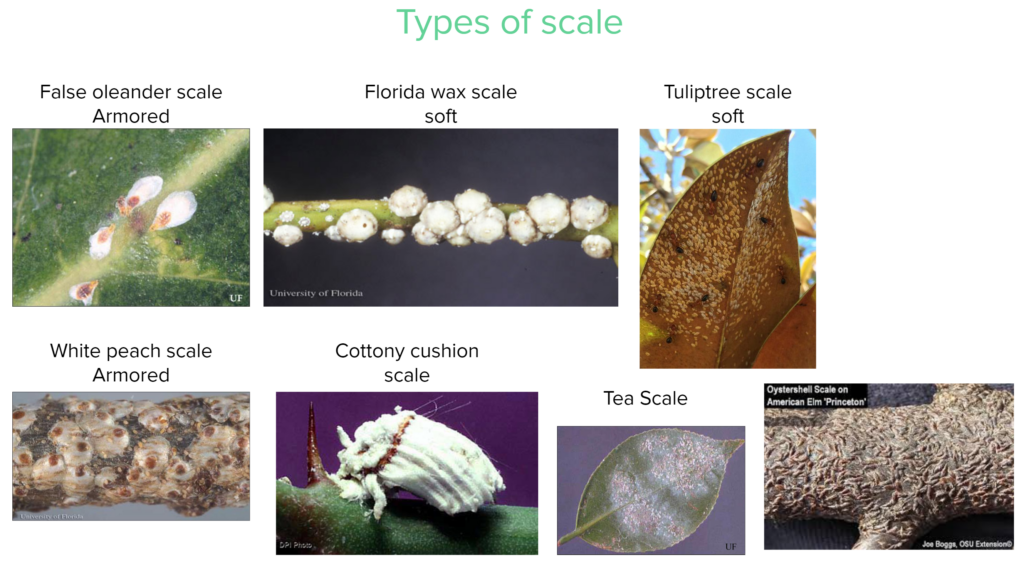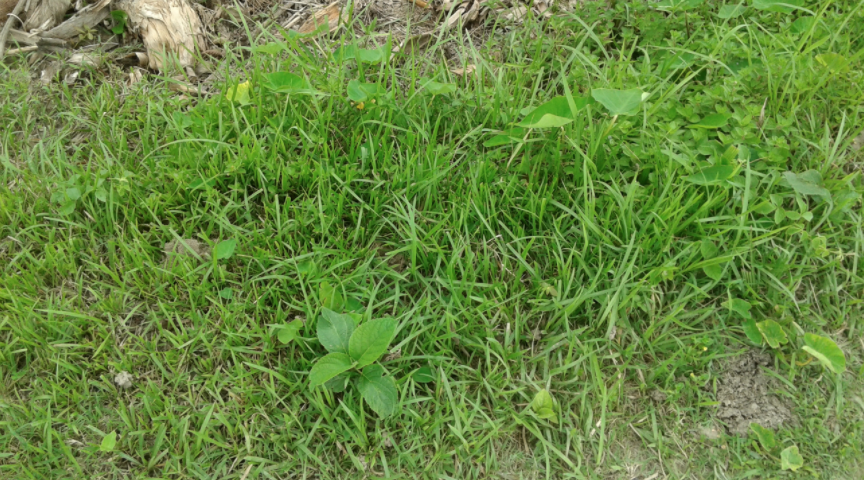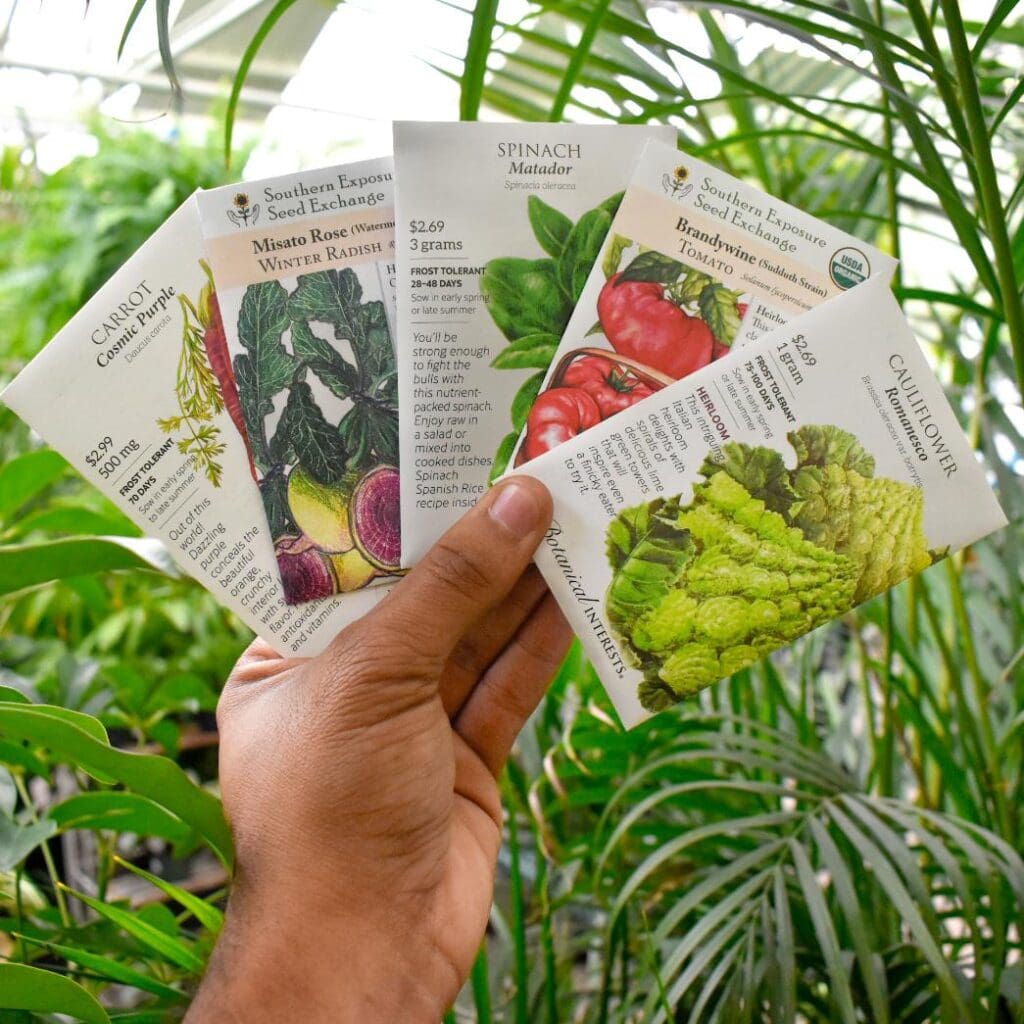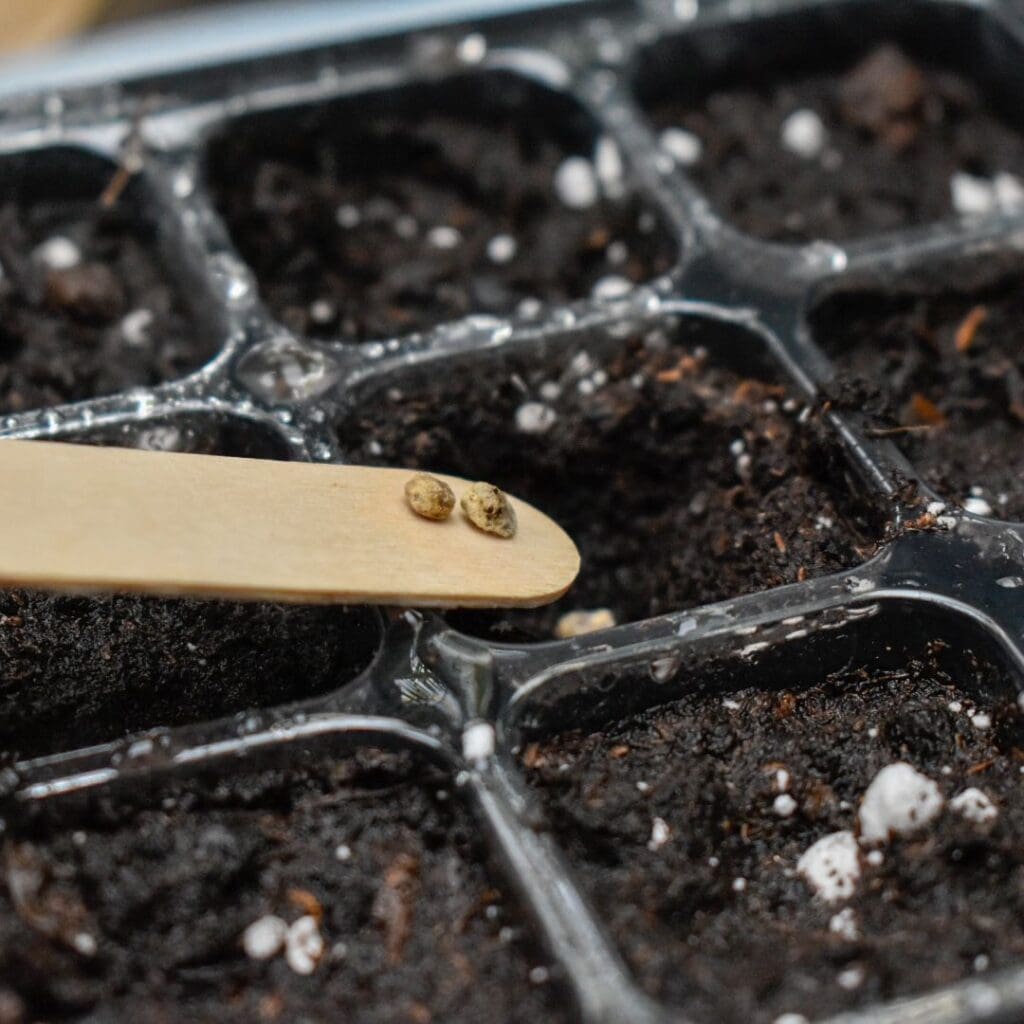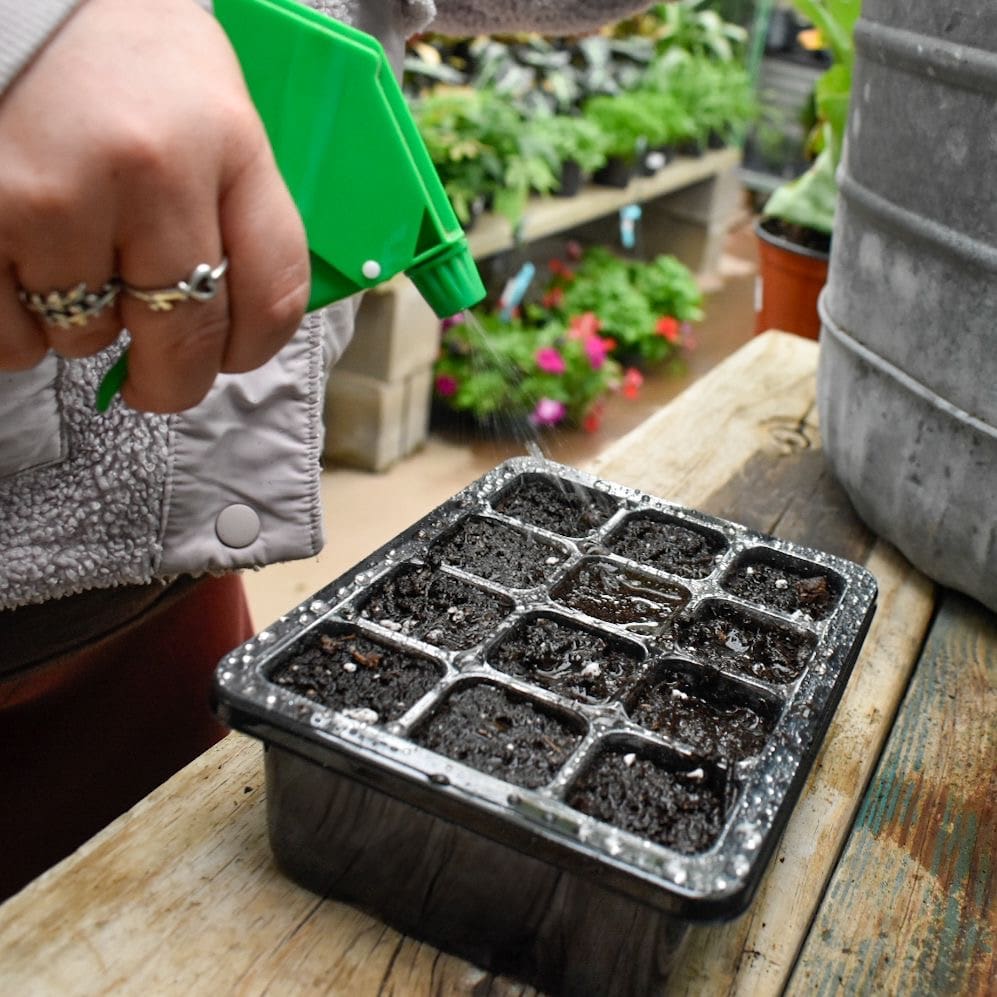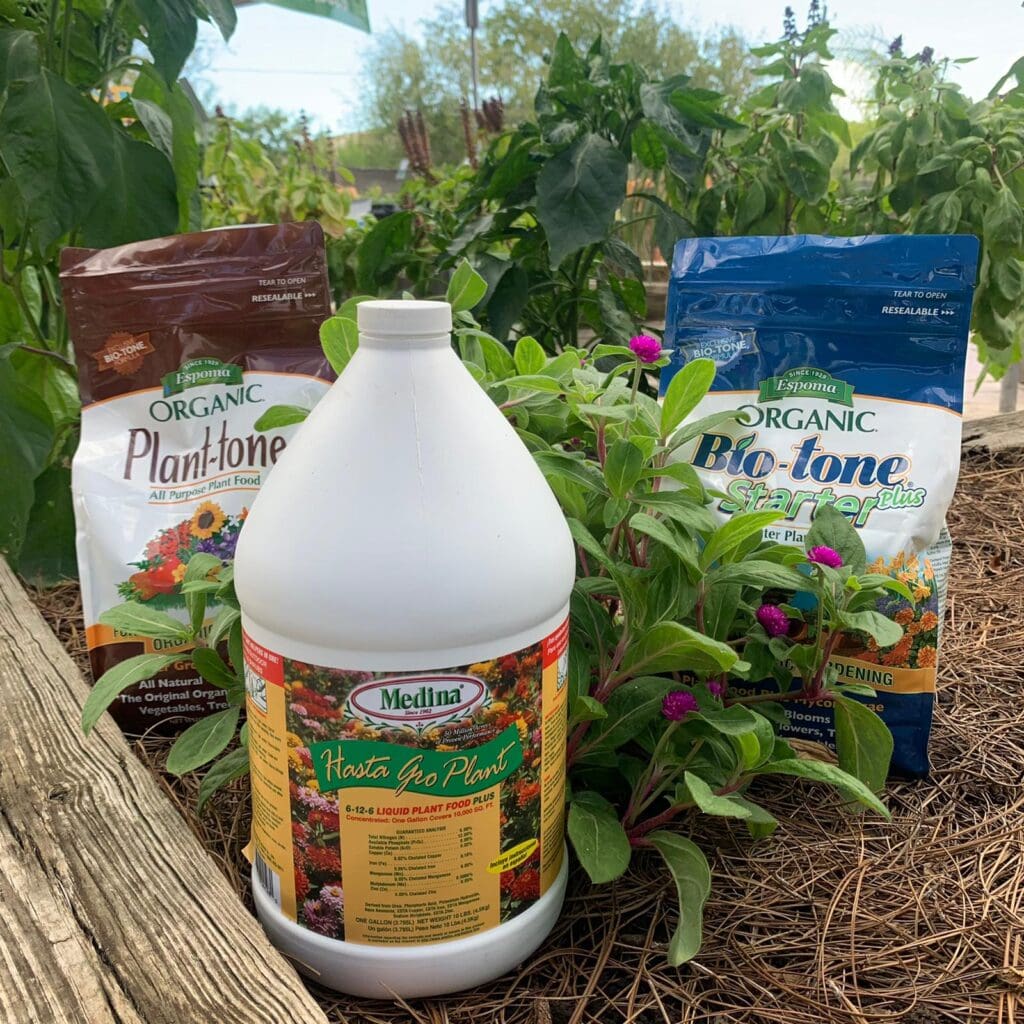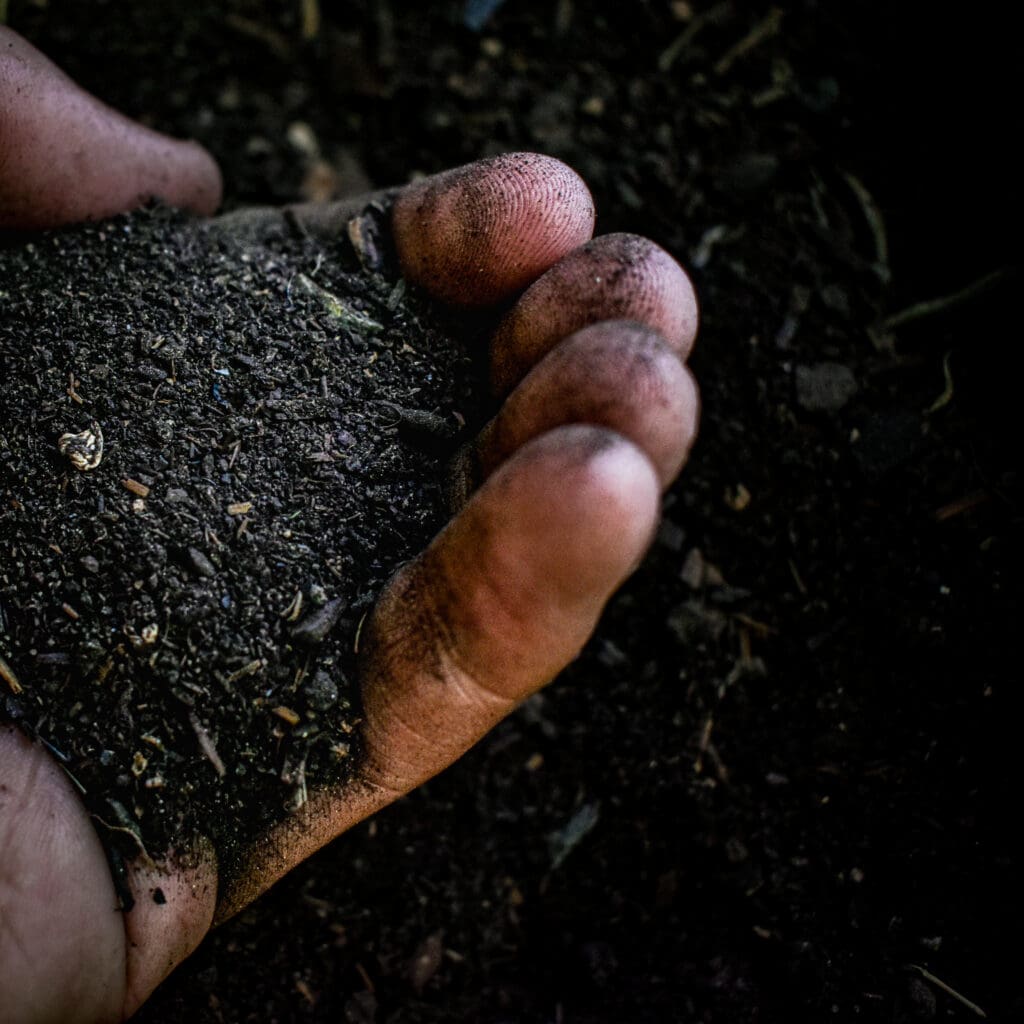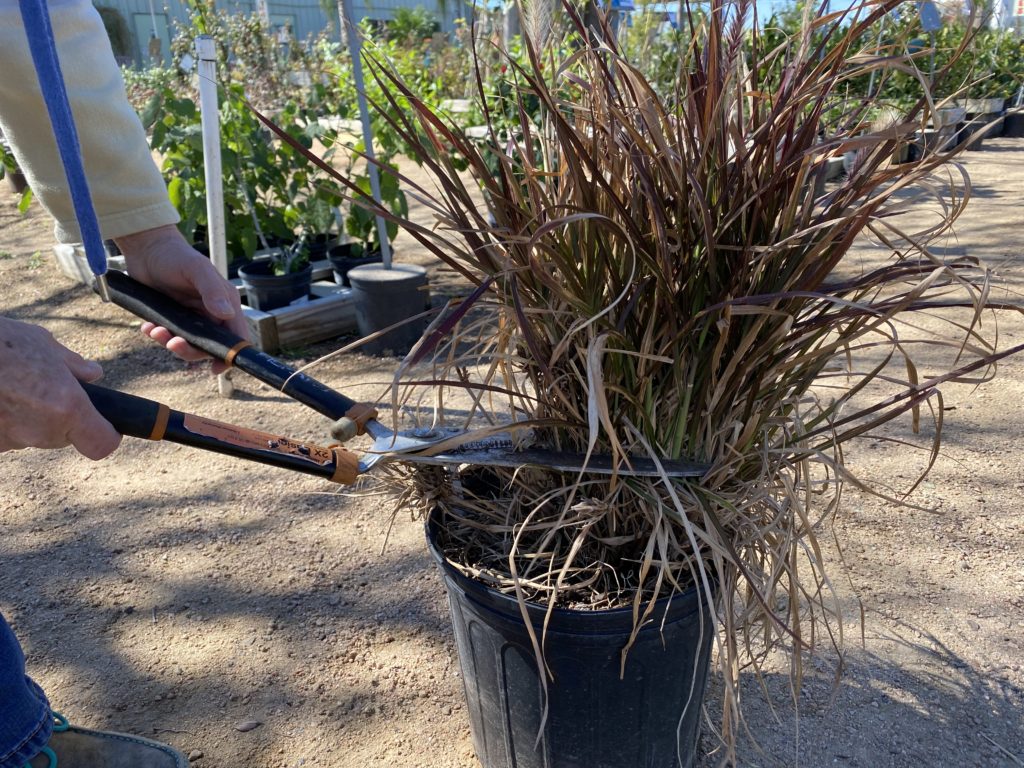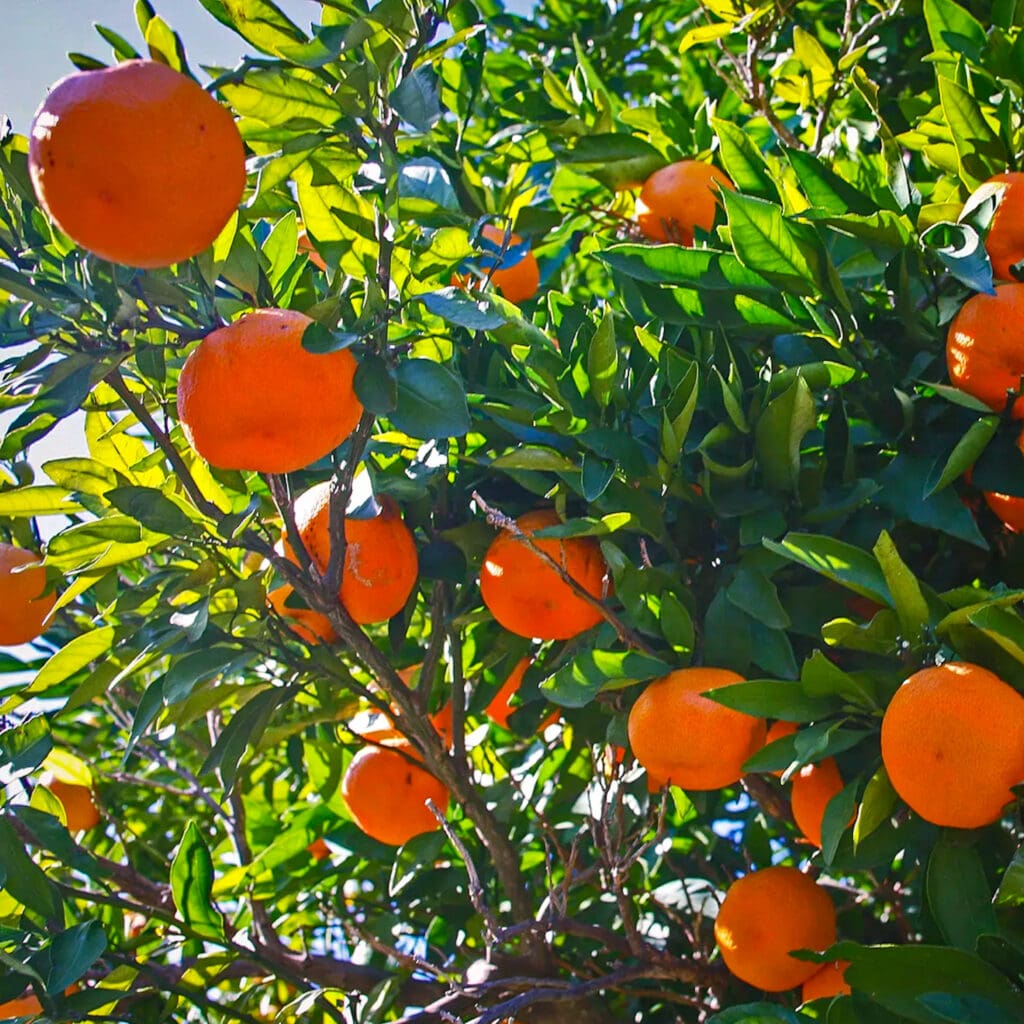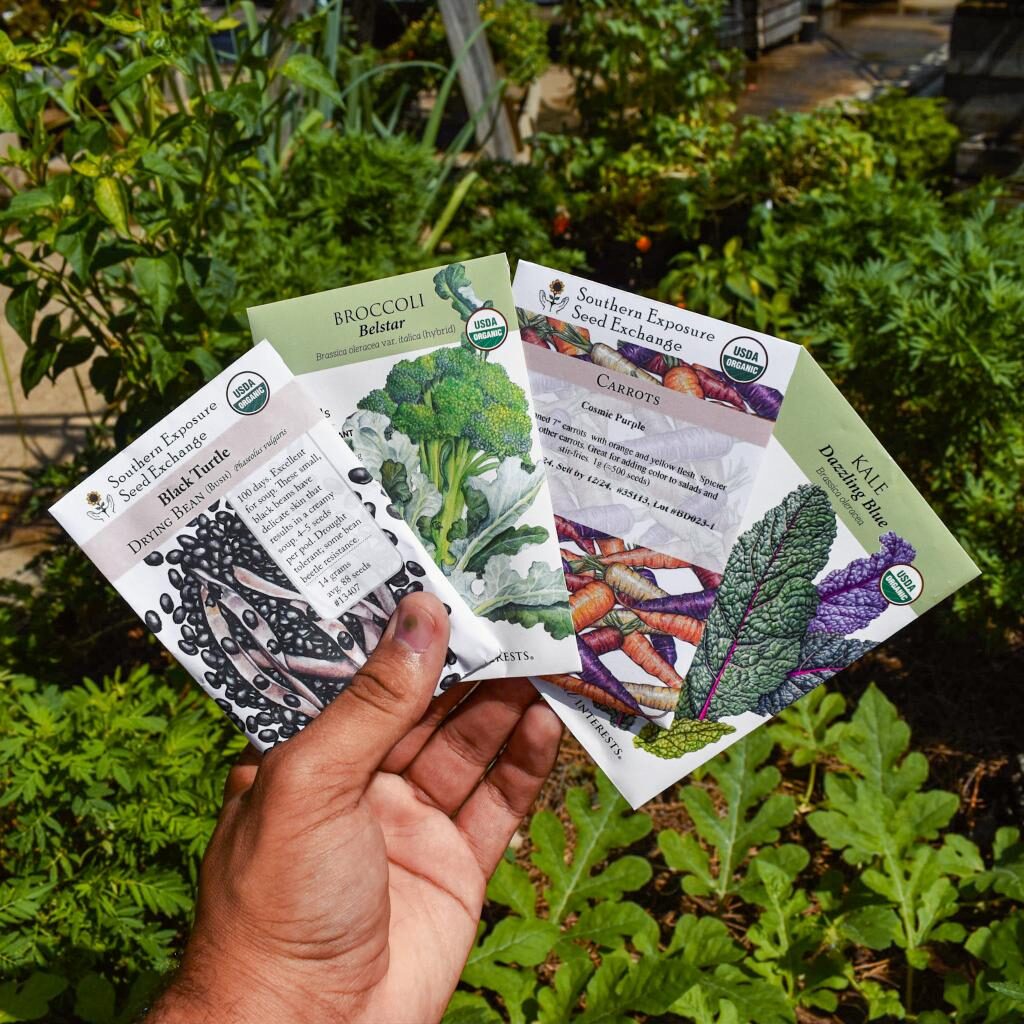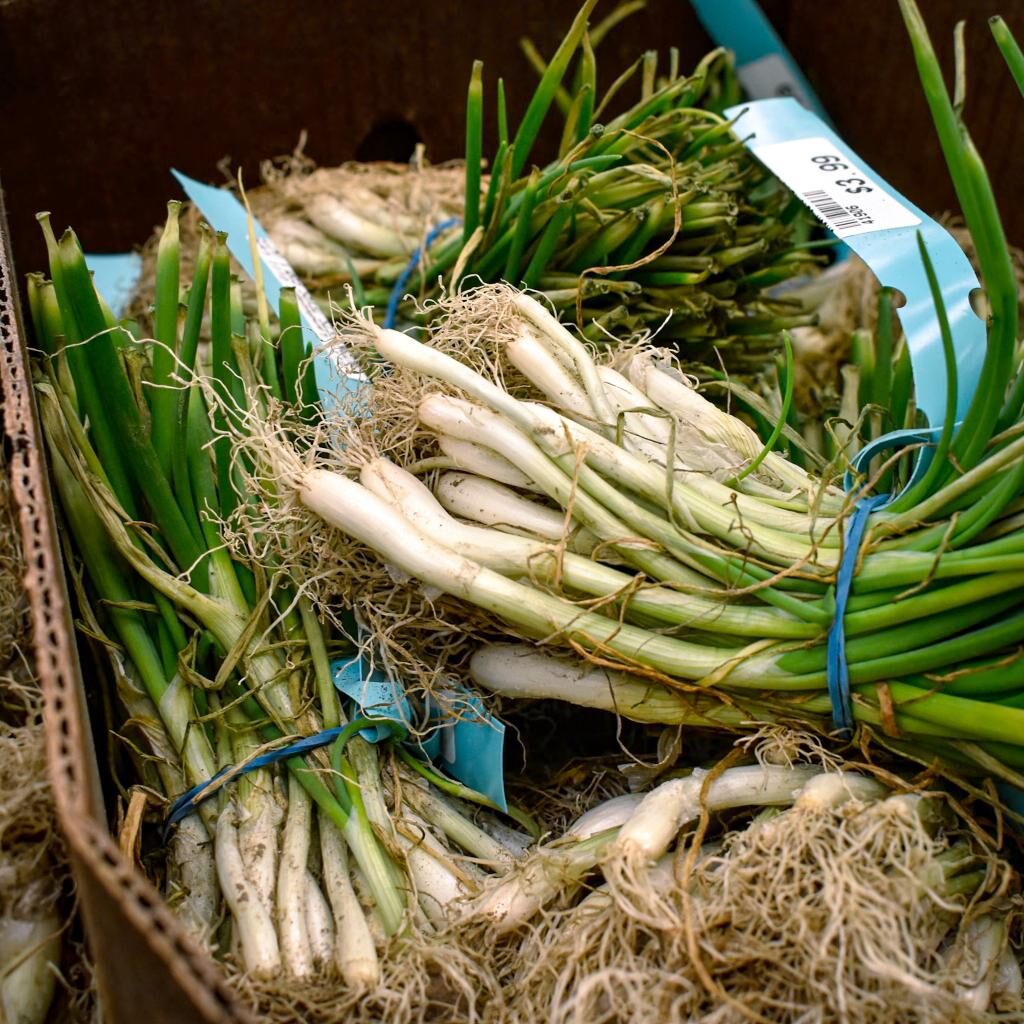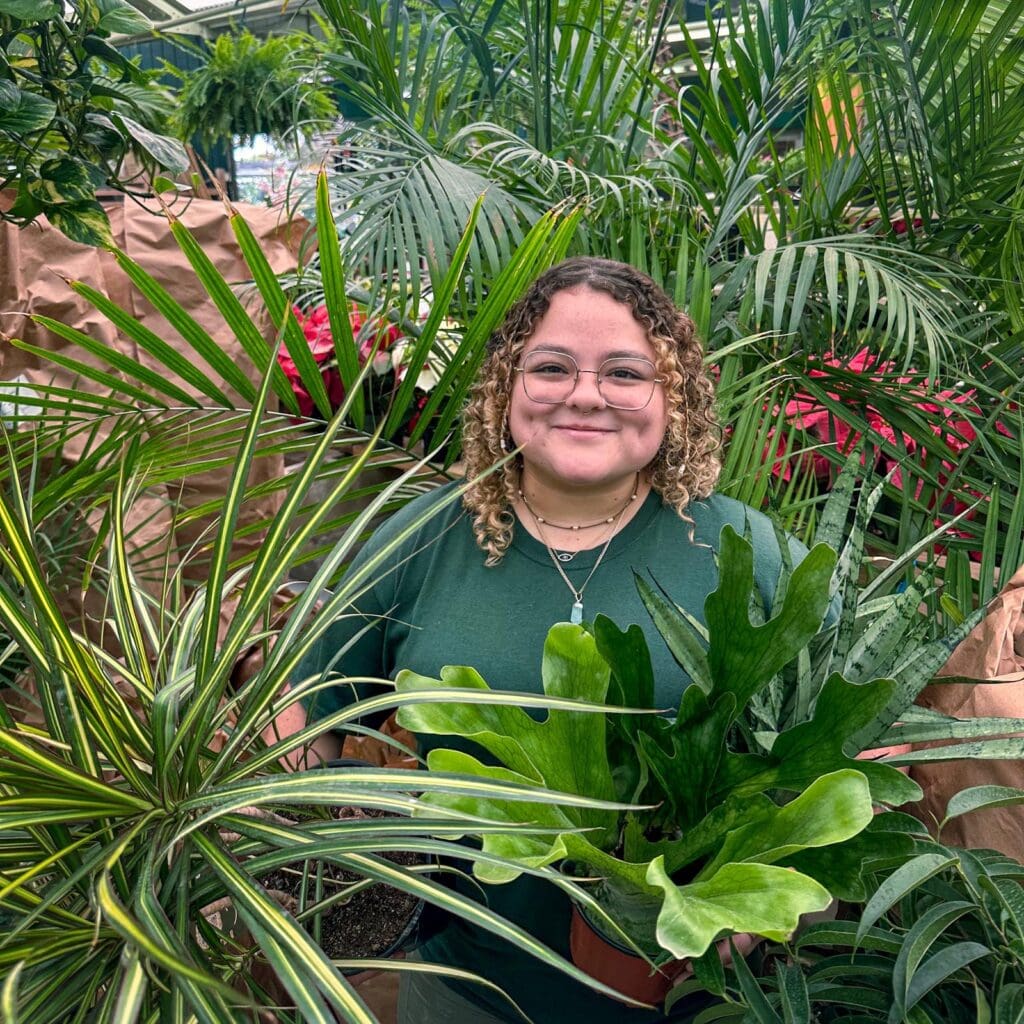How is 2025 halfway over already?! We hope you’re having lots of fun this summer – holidays, BBQs, weekend trips, and garden projects! Here are our top must-do’s to keep your plants healthy and happy in July, including tips for planting, watering, and summer pests to watch out for.
1. Yes, You Can Plant in the Summer!

Myth: I’ve heard that you can’t plant in the summer because its too hot… FACT: Of course you can!! You can plant just about anything in our summers, including trees, as long as you have a good plan for watering. In fact, summer is a great time to plant crape myrtles because they’re blooming and you get choose the color IRL! While we’re past the season for spring veggies like tomatoes, there are still plenty of summer veggies like okra, peppers, eggplant, and melons to plant now. If you want your own fresh pumpkins for Halloween, start ’em in July. Plus, now’s a great time to set table for the fall hummingbird migration with their fav blooming perennials like Firebush, Firecracker plant (pictured), native flame Acanthus, and Dicliptera aka Hummingbird Bush. Don’t let any myths discourage your summer gardening!
2. Watering: Think Depth, Not Frequency

Proper hydration happens when you get water down to the roots of the plant. This means watering deeply, not more frequently. The key for watering plants, lawns, and trees is long, slow, deep drinks! Encourage those roots to dive deeper for water. Even with recent summer rains (yay!!), continue to watch your watering and maintain that depth moisture. If you notice this summer that you’re having to water your potted plants a lot more often, it could be time to re-pot. As the pot fills up with roots, you end up with less soil and therefore less moisture retention. Obviously we have a lot of potted plants here at Gill’s. We just added several more large rainwater collection tanks to help reduce our dependence on City water. And boy do the plants love rainwater! If you’re interested in a rainwater collection system, Gill’s landscape team can design and install at your home.
3. Mulch to Keep Roots Cool
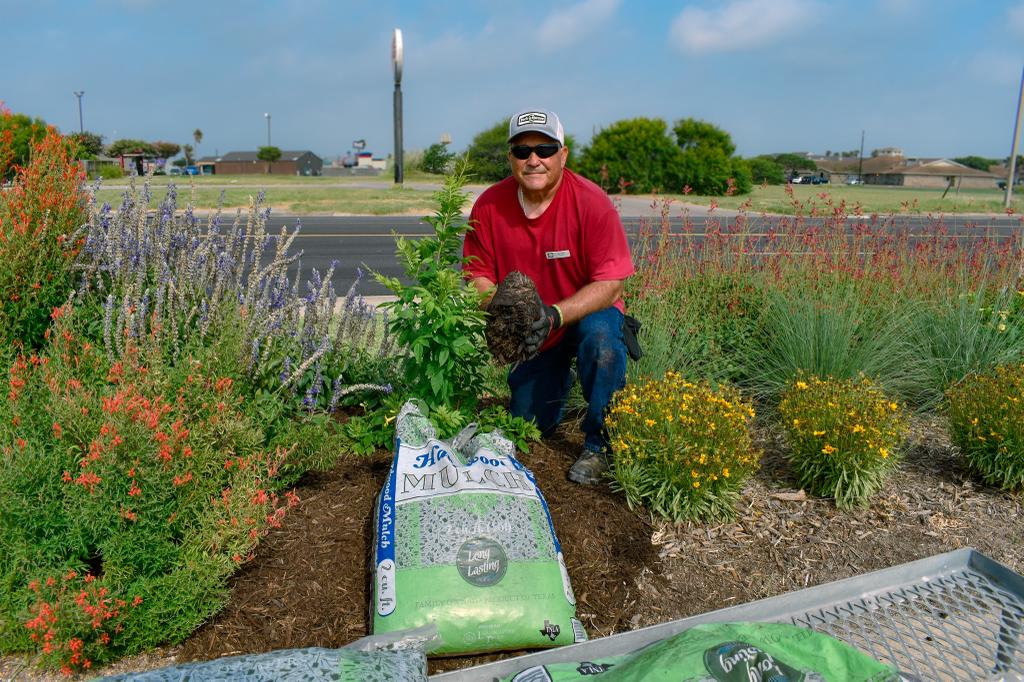
4. Watch for More Bugs in Summer
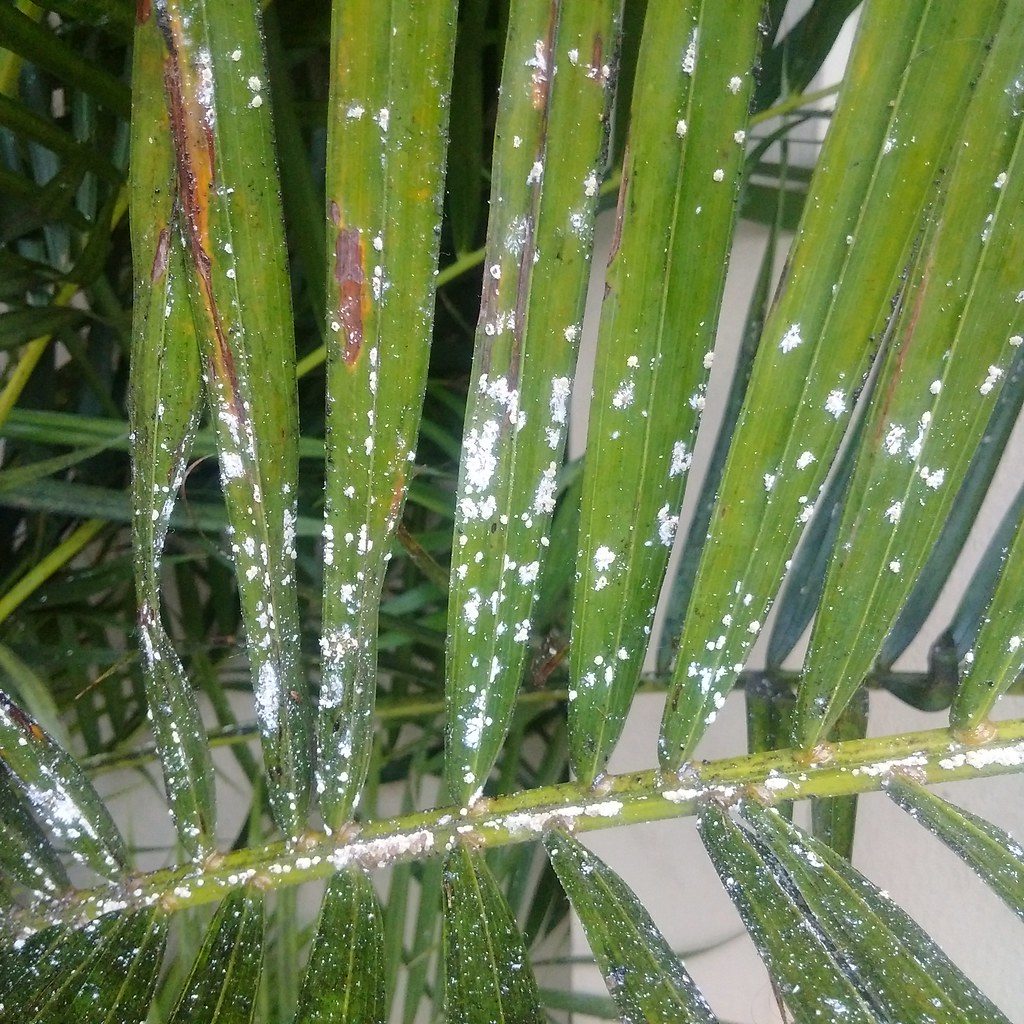 This is what a mealybug infestation looks like!
This is what a mealybug infestation looks like!Not all bugs are bad, so it’s important to know your bugs before you spray anything, even organics. A few bugs here and there is most likely not cause for alarm. If you do get an infestation, cut the plant back first, give it some fertilizer, then treat for bugs. By pruning first, you won’t have to treat every leaf on the whole plant. We see plants come back better than ever using this method. If you’re not sure about bugs or pruning, we’re here to help. During summer, watch out for mealybugs on plants like Hibiscus and Turk’s Cap, lacebugs on Lantana, and chinch bugs in the lawn – especially near sidewalks and driveways! We’ve got solutions for all of the above.
5. Summer Vacays? Train Your Plant Sitter!
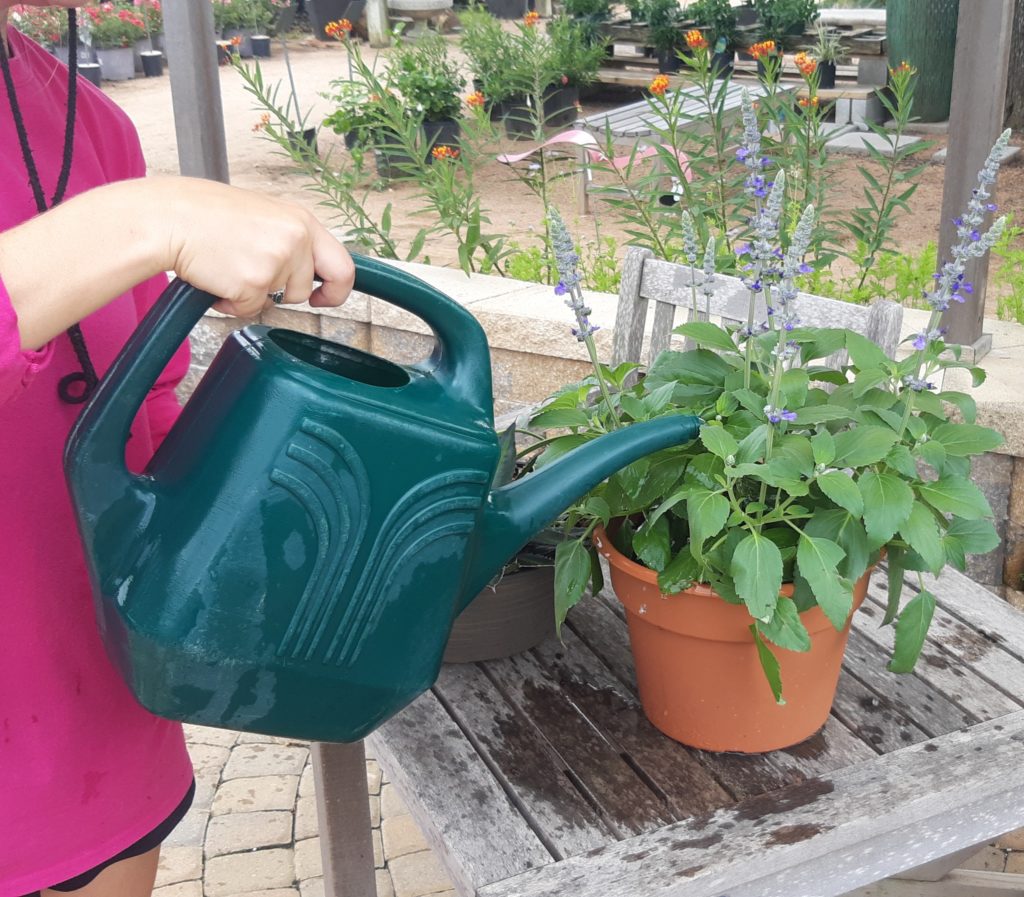
Be sure to have a trusted plant-sitter come water your plants while you’re away on summer excursions! It’s a good idea to spend a little time showing them how you water. Make them a list, draw them a map, and walk them through it. You know your plants and which ones get tired and thirsty the fastest. We might even be able to help connect you with a trusted plant sitter…
6. Collect Cool New Houseplants

Now’s a great time of year to work on your houseplant jungle. The greenhouse is restocked with all kinds of interesting houseplant choices, including lots of new Bromeliad and Philodendron varieties, like this fernleaf philodendron aka Philodendron tortum which looks like a small palm! Keep in mind that constant A/C indoors will dry out plants. Keep an eye on watering (use a moisture meter) and don’t place houseplants near an A/C vent. You might also try experimenting with a humidifier near your plants to help regulate moisture.

